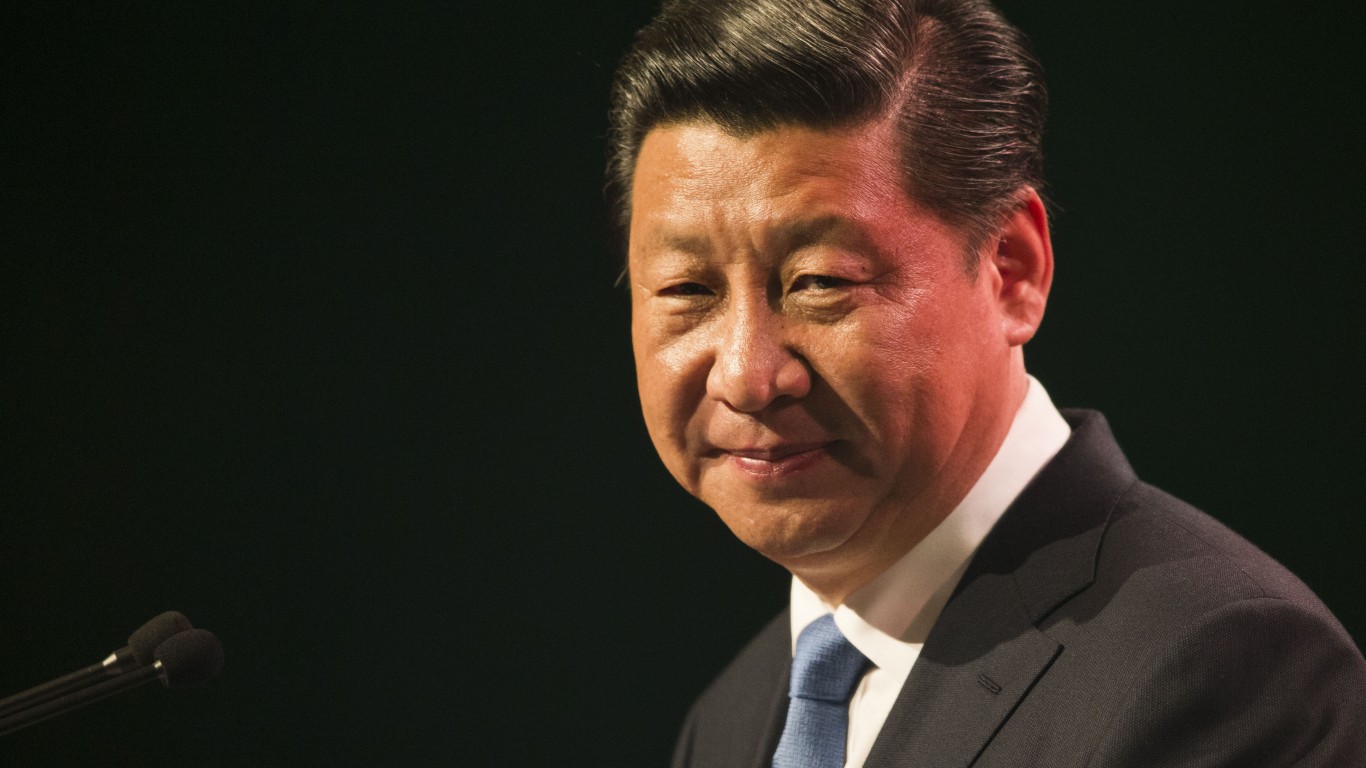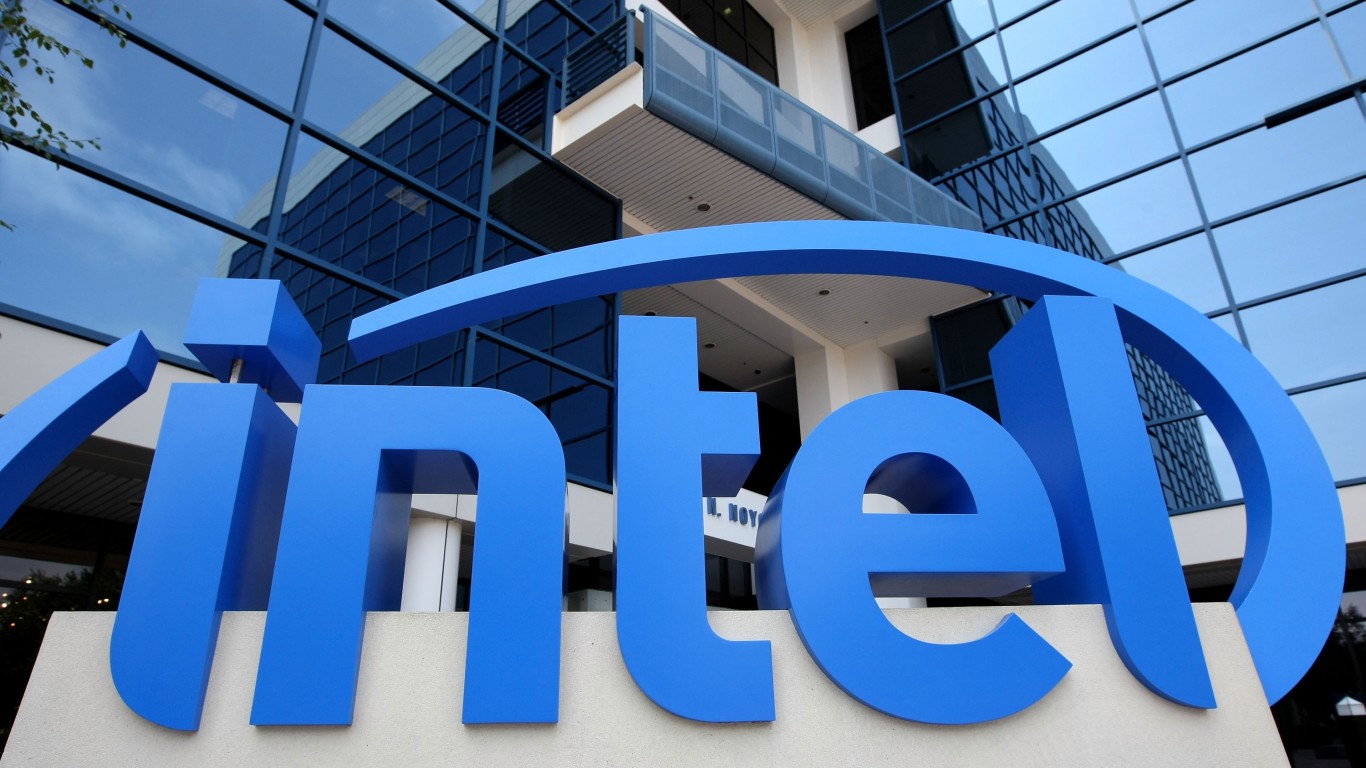
Ukrainian and Russian negotiators are meeting again Monday following a weekend of intense Russian shelling and bombing in the southern coastal city of Mariupol. The Ukrainian government has been trying to deliver medical and food supplies to the beleaguered city with no success so far.
In western Ukraine, Russia launched airstrikes against a Ukrainian military base located just 11 miles from Ukraine’s border with Poland. U.S. and NATO officials repeated Sunday that they have no intention to confront Russian forces in Ukraine. They are, however, sending convoys of military supplies to Ukraine and Russia has declared that those convoys are “legitimate targets.”
U.S. national security adviser Jake Sullivan is scheduled to meet Monday in Rome with China’s Yang Jiechi, a member of the Politburo and director of the Chinese Communist Party’s Central Foreign Affairs Commission. Chinese President Xi Jinping has sided with Russia in the conflict, but support for Putin’s war has been moderate. Russia reportedly seeks more help from China.
Despite these developments, European markets were trading higher Monday morning, and U.S. premarket trading was mixed as the Dow Jones industrial average and the S&P 500 indexes traded up and the Nasdaq traded lower. West Texas Intermediate (WTI) traded down more than 5% from Friday’s closing price of $109.33 at $103.55. Brent crude traded down about 4.4% at $107.71. Gold has dropped below $2,000 and U.S. Treasury notes are trading higher.
China’s balancing act may need to be revised. Writing in the U.S.-China Perception Monitor, Hu Wei, vice-chair of the Public Policy Research Center of the Counselor’s Office of the State Council and chair of Shanghai Public Policy Research Association, among other roles, outlines what China’s strategic goals should be and how the country might achieve them:
Being in the same boat with Putin will impact China should he lose power. Unless Putin can secure victory with China’s backing, a prospect which looks bleak at the moment, China does not have the clout to back Russia. …
China should avoid playing both sides in the same boat, give up being neutral, and choose the mainstream position in the world. At present, China has tried not to offend either side … However, this position does not meet Russia’s needs, and it has infuriated Ukraine and its supporters as well as sympathizers, putting China on the wrong side of much of the world. In some cases, apparent neutrality is a sensible choice, but it does not apply to this war, where China has nothing to gain. …
Cutting off from Putin and giving up neutrality will help build China’s international image and ease its relations with the U.S. and the West. Though difficult and requiring great wisdom, it is the best option for the future. …
Russia and Ukraine supply about 65% of the world’s supply of neon, a noble gas critical for the lasers used in making semiconductors. Ukraine supplies about 90% of U.S. demand for chip-grade neon. Electronic materials consultancy Techcet noted last week that rare gas purifiers in Ukraine had been shut down for five or six days: “However, if the fighting lingers on this could have a major impact on the chip industry that has been pushing hard to increase production.”
There is also a problem with supplies of helium, a critical element used in applications as diverse as rocket launchers, nuclear weapons and semiconductors. Stefano Marani, the CEO of compressed natural gas producer Renergen, spoke to the issue on a podcast last month, portions of which are included in a post at The Blind Spot, a news site ($) launched last week by Izabella Kaminska, former editor of the FT Alphaville blog. The U.S. strategic helium reserve near Amarillo, Texas, went down earlier this year, taking about 10% of the global supply and 40% of the U.S. supply out of commission. A plant in northern Siberia that was intended to supply 20% to 25% of the world’s supply of helium has been delayed by fires. and a new plant in Qatar scheduled to go online this year has been delayed beyond 2025.
In 20 Years, I Haven’t Seen A Cash Back Card This Good
After two decades of reviewing financial products I haven’t seen anything like this. Credit card companies are at war, handing out free rewards and benefits to win the best customers.
A good cash back card can be worth thousands of dollars a year in free money, not to mention other perks like travel, insurance, and access to fancy lounges.
Our top pick today pays up to 5% cash back, a $200 bonus on top, and $0 annual fee. Click here to apply before they stop offering rewards this generous.
Flywheel Publishing has partnered with CardRatings for our coverage of credit card products. Flywheel Publishing and CardRatings may receive a commission from card issuers.
Thank you for reading! Have some feedback for us?
Contact the 24/7 Wall St. editorial team.

 24/7 Wall St.
24/7 Wall St.



